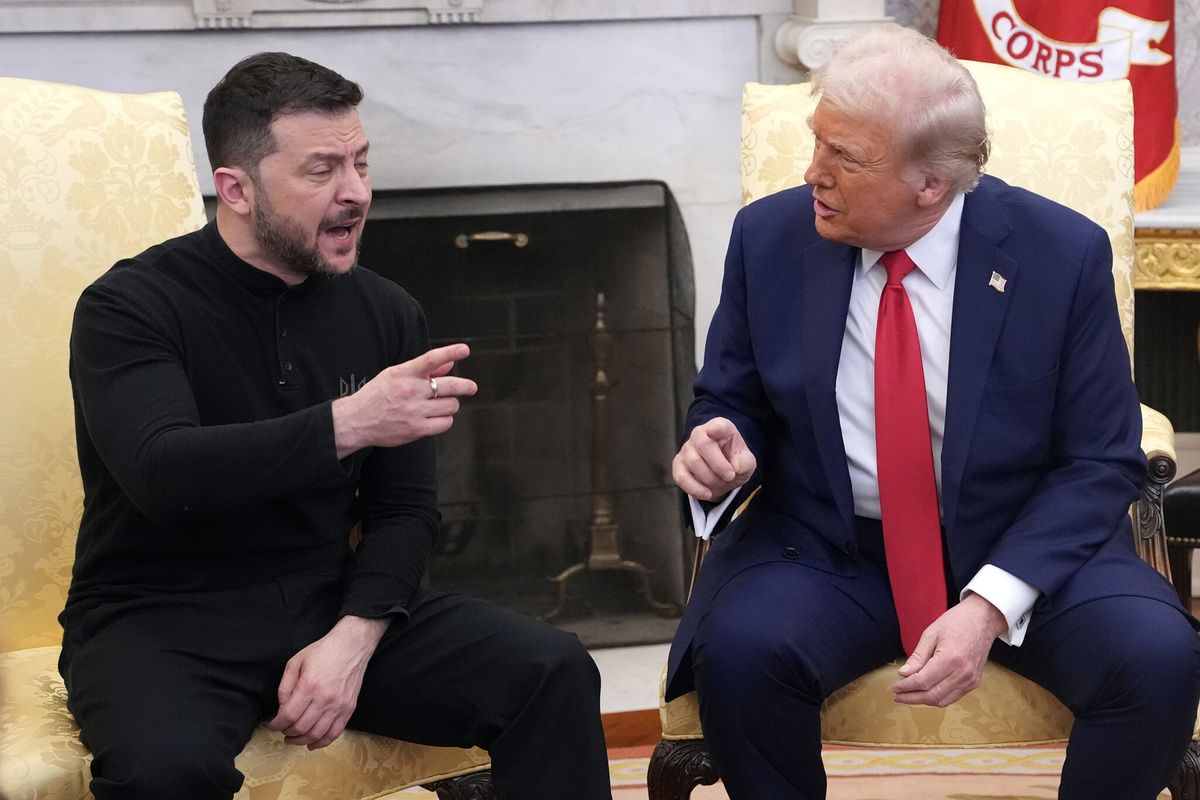In what may be his last foreign trip as President of the United States, Barack Obama will make a stop in Germany in mid-November. This will mark the president’s sixth visit to Germany, “reflecting the strategic importance of our partnership,” the White House said in a statement.
Germany is the de facto leader of Europe. From “the sick man of Europe” in the late 1990s and early 2000s to the continent’s economic powerhouse, Germany has transformed itself into the fulcrum of the European Union (EU) and an essential U.S. ally.
Since World War II, the U.S. has had a vested interest in Germany (and vice versa), bolstering the country with the Marshall Plan and helping it develop the liberal democracy it boasts today.
Under Chancellor Angela Merkel, Germany last year took in more than a million refugees, many fleeing wars in Syria and Afghanistan, despite the unwillingness of some other EU member states to share the burden.
Since 2006, Germany has been NATO’s lead nation for stabilizing the northern part of Afghanistan, while it continues to build its defense and security apparatus.
Germany leads NATO’s Framework Nations Concept, which aims to strengthen the European pillar of NATO by coordinating defense resources between European member states. And, most recently, Germany is heading up the rotational battalion in Lithuania, aimed at deterring Russian aggression. NATO announced the deployment of four rotational battalions to the Baltics during its Warsaw Summit in July.
Last month, in the first white paper on German security and defense in a decade, Germany took a strong stance against Russia, stating, “Russia is openly calling the European peace order into question” by its annexation of Crimea and provocations in eastern Ukraine – a position strongly supported by the United States.
Even in the field of intelligence, a traditionally taboo area due to Germany’s history with the East German Stasi police, the new “sturdy man” of Europe is stepping up to the plate.
With a growing terrorism threat on the continent, Germany’s lower house of parliament this month passed a comprehensive reform bill for the BND (Germany’s version of the CIA). The bill provides more government oversight, while giving explicit permission to the BND to cooperate with foreign intelligence agencies, if it serves certain purposes, including combatting terrorism. On this front, the U.S. and Germany are working ever-closer together.
In May, U.S. Secretary of Homeland Security Jeh Johnson met with German Federal Minister of Interior Thomas de Maizière to discuss, “the importance of effective information sharing and opportunities for the United States and Germany to enhance counterterrorism cooperation, including the screening of travelers and asylum seekers,” according to DHS.
Johnson “reaffirmed the Department’s commitment to working with its German partners to identify and interdict foreign terrorist fighters.”
This is all consistent with U.S. interests. “Europe being secure makes the U.S. more secure, because we can do more things in more places to deal with threats before they come to our own borders,” says Jeffrey Rathke, Deputy Director of the Europe Program at the Center for Strategic and International Studies (CSIS) and a Cipher Brief expert.
The U.S. and Germany are actively engaged with one another on defense, security, and promoting liberal values. If this changes, under a new U.S. or a new German administration (Germany’s federal election is slated for next year), so could strategic alignment, and with it, one of the strongest relationships across the Atlantic.
As part of The Cipher Brief’s continuing series on how other nations view the U.S. and the presidential election, Dagmar Pepping, a journalist covering politics for Germany’s largest broadcasting service ARD, examines potential U.S.-German relations under a Donald Trump presidency, and Hero Warrings, Editor-in-Chief of Political Analysis for RTL Television, analyzes German views on Hillary Clinton.
For more of The Cipher Brief's coverage of how the world views the U.S. presidential elections, see our features on Russia, China, Iran, and Saudi Arabia.
Kaitlin Lavinder is a reporter at The Cipher Brief. Follow her on Twitter @KaitLavinder.











